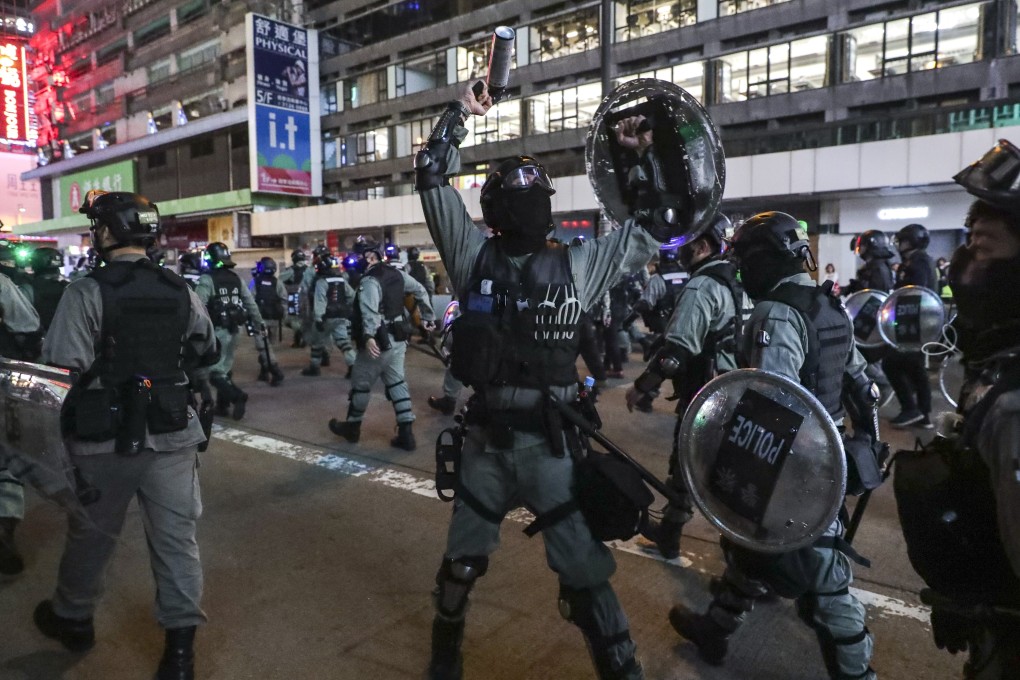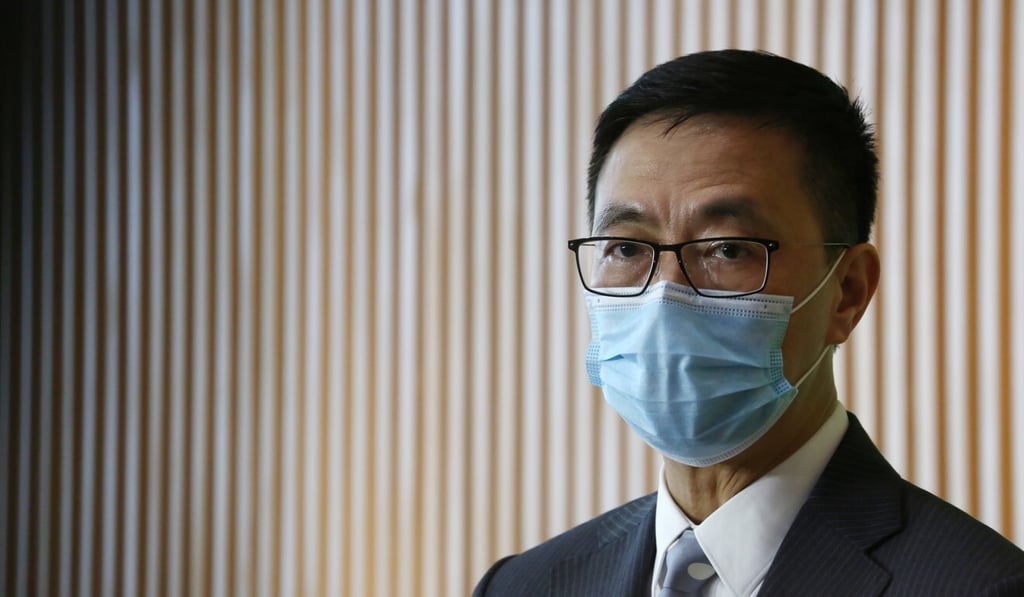Hong Kong teachers and pupils punished over bullying of police officers’ children, education authorities reveal
- Education minister reveals his department has investigated 25 suspected cases since civil unrest erupted last year
- Government taking zero-tolerance approach and teachers could be deregistered in most serious cases

Several Hong Kong teachers and pupils have been punished after being involved in bullying the children of police officers, education authorities revealed on Wednesday.
The Education Bureau said it had investigated 25 suspected cases of this type of bullying since widespread anti-government protests erupted in June last year, and had taken action on complaints that were substantiated.
Secretary for Education Kevin Yeung Yun-hung told lawmakers the government had a “zero-tolerance” approach, and teachers found to be bullying pupils could be deregistered as the most serious form of punishment.
Responding to a lawmaker’s question during a Legislative Council meeting, Yeung said most of the 25 reports were related to bullying among pupils, and at least one involved cyberbullying.

He added the reports were either directly received by the bureau or through an existing reporting mechanism between the police force and the bureau.